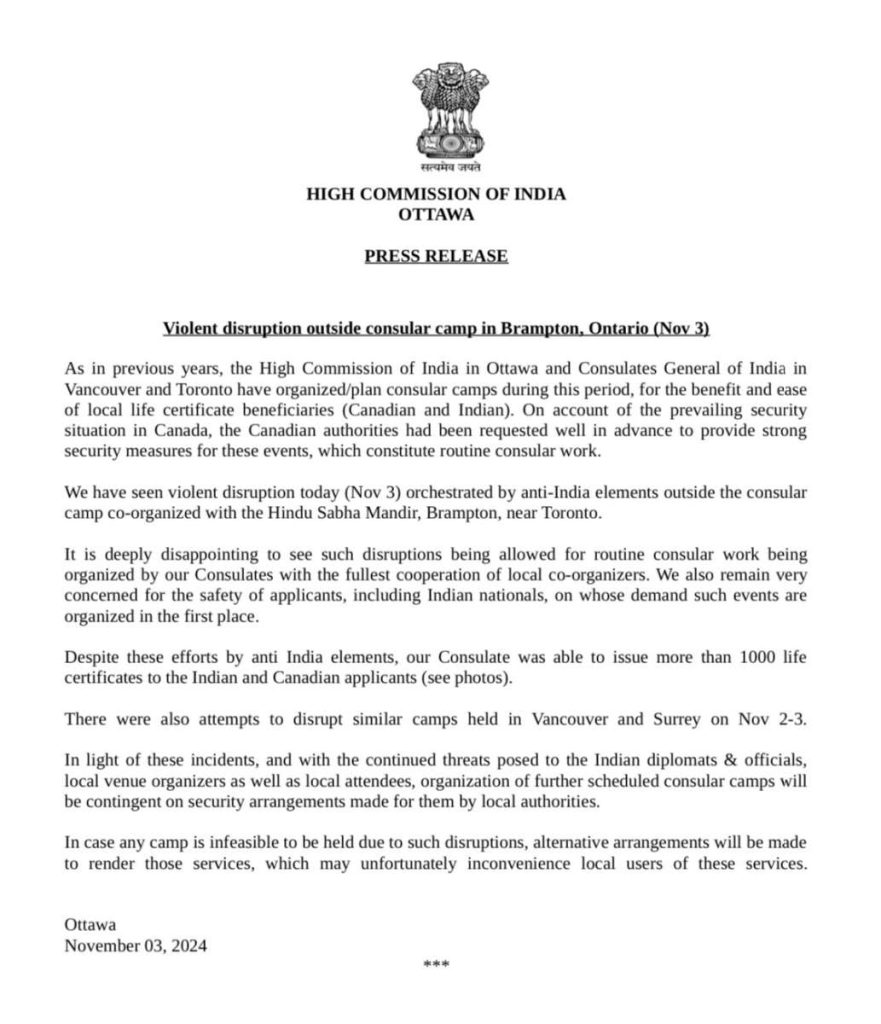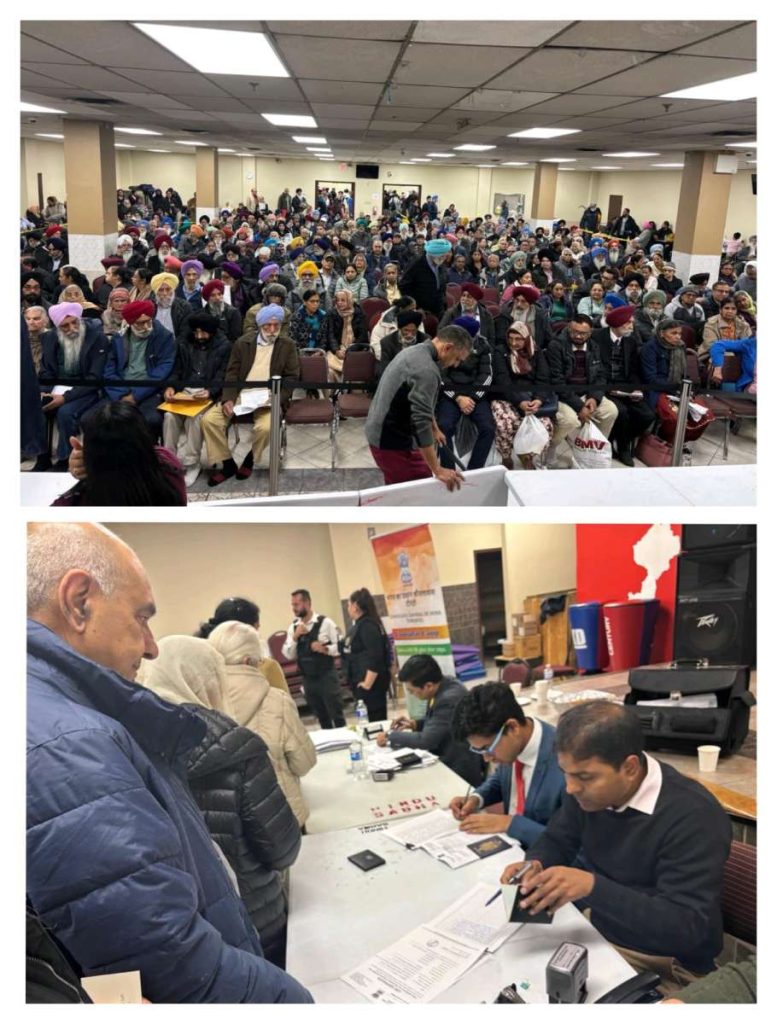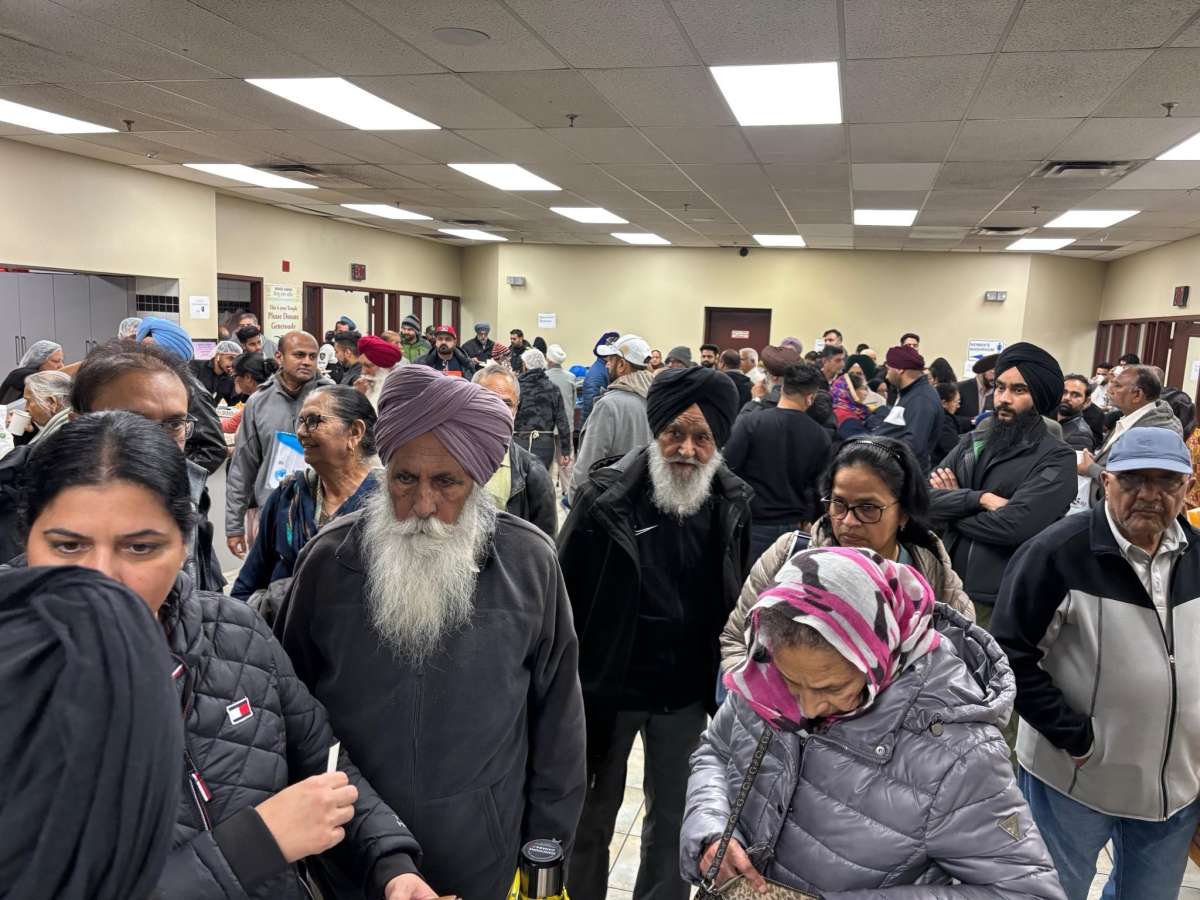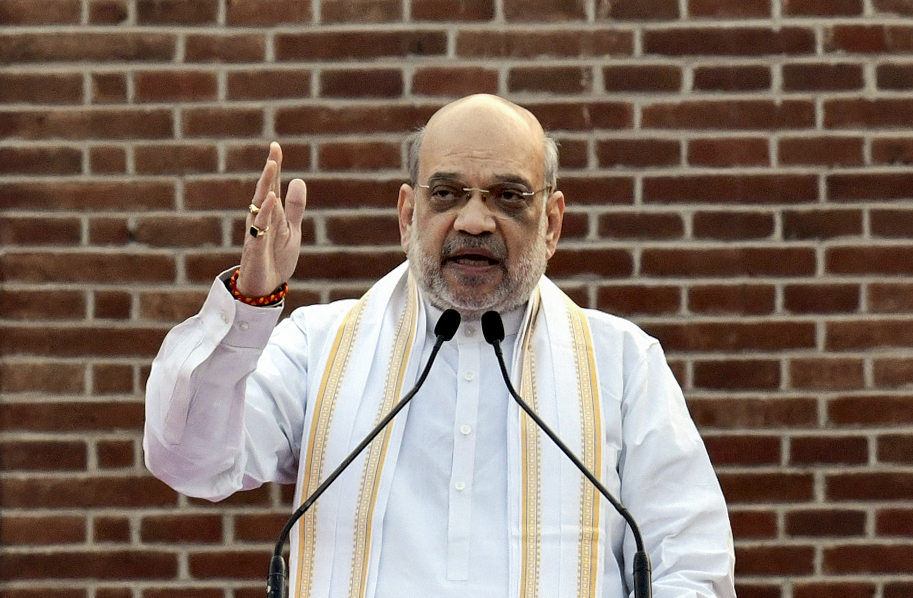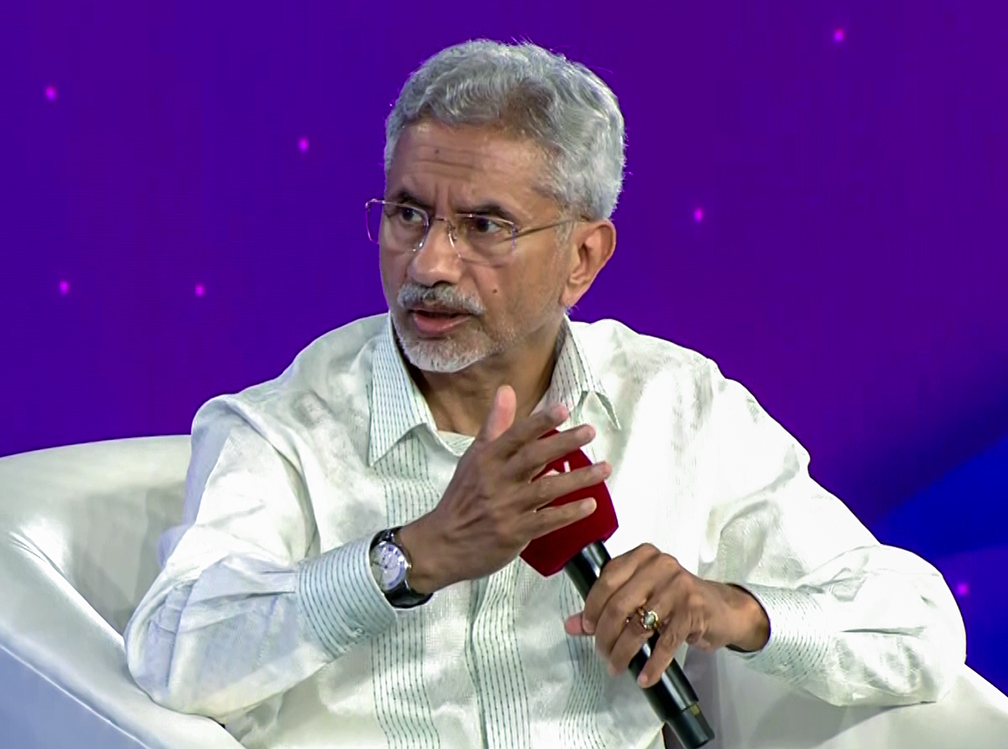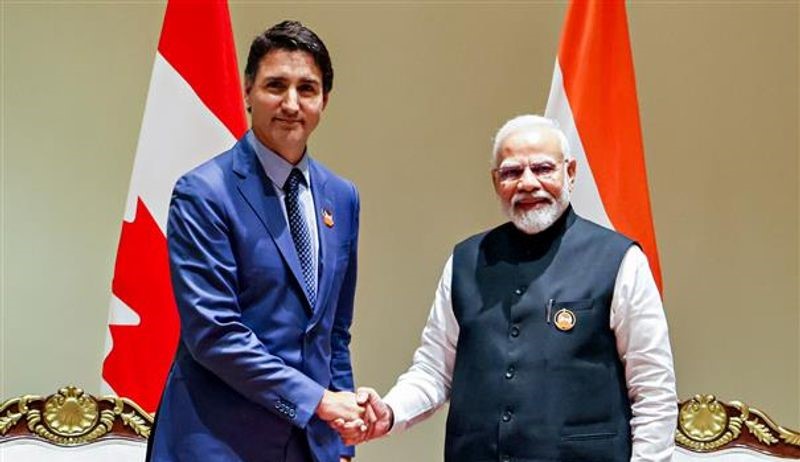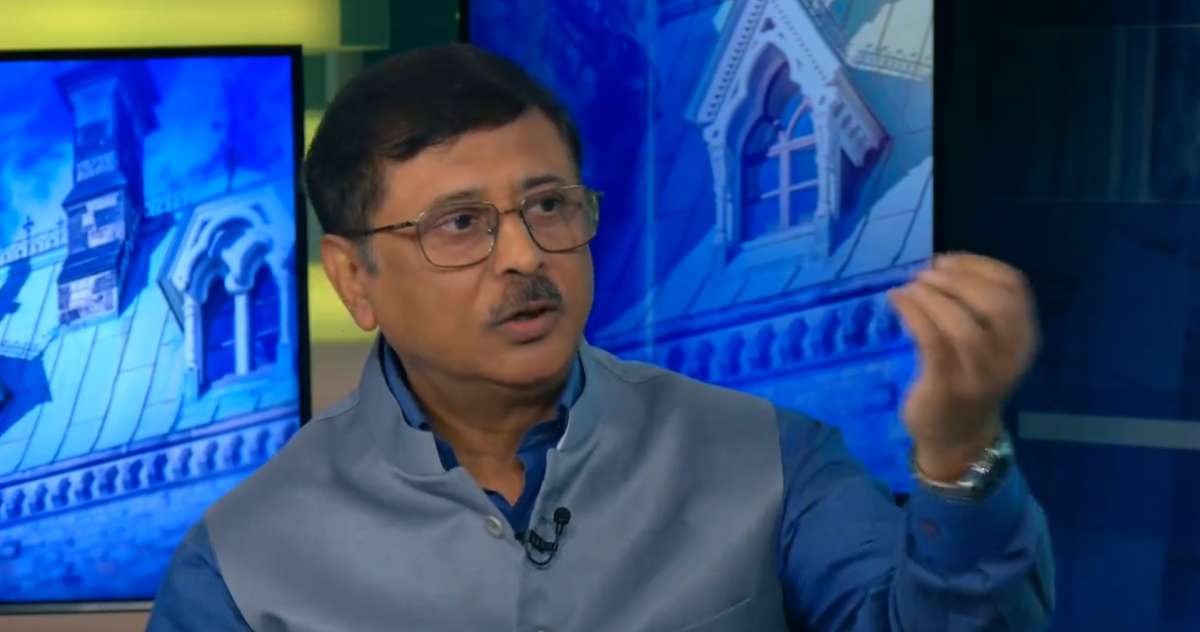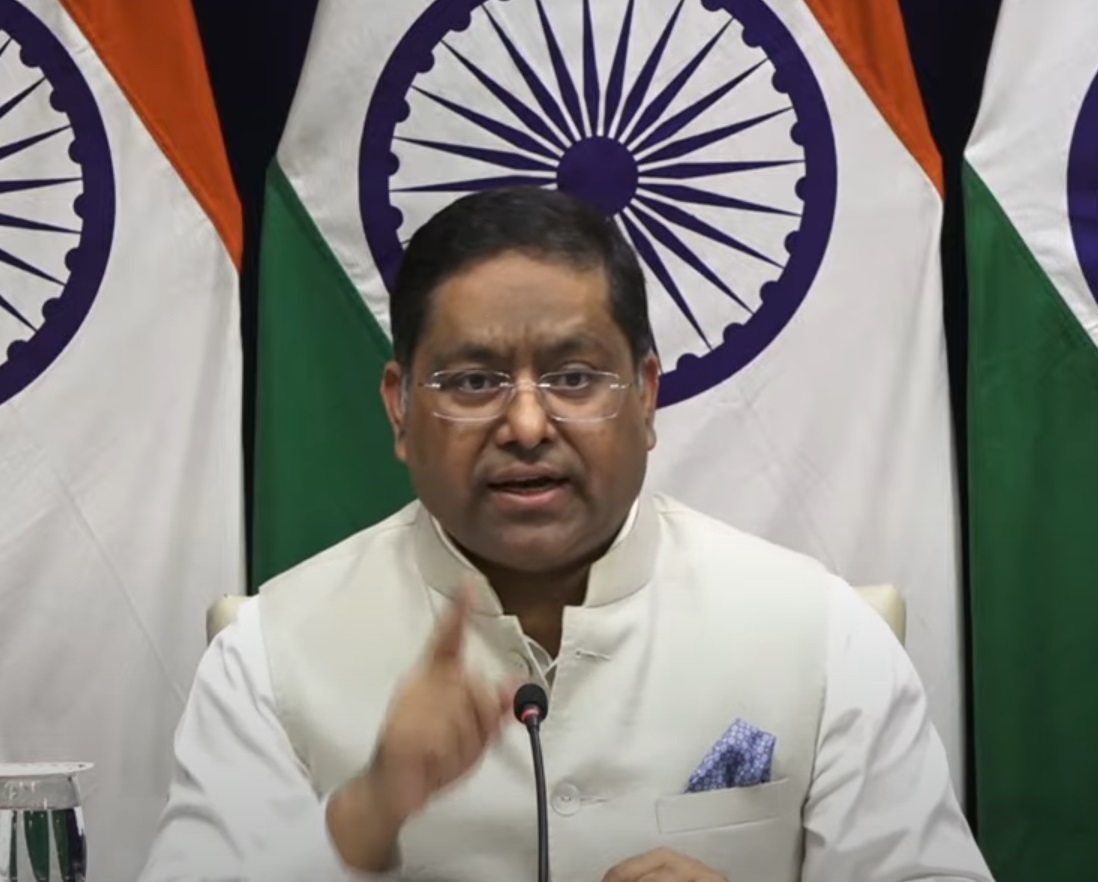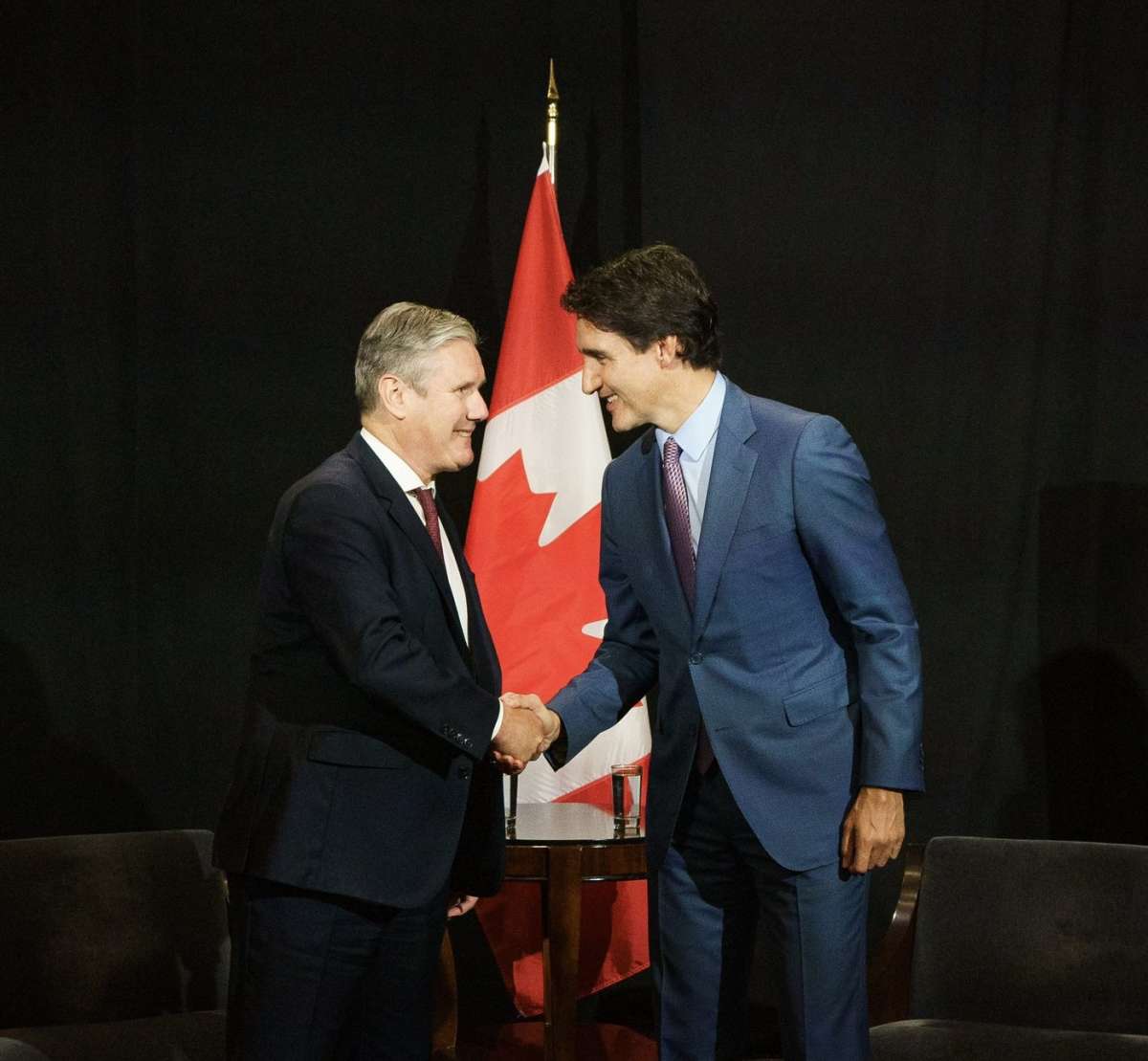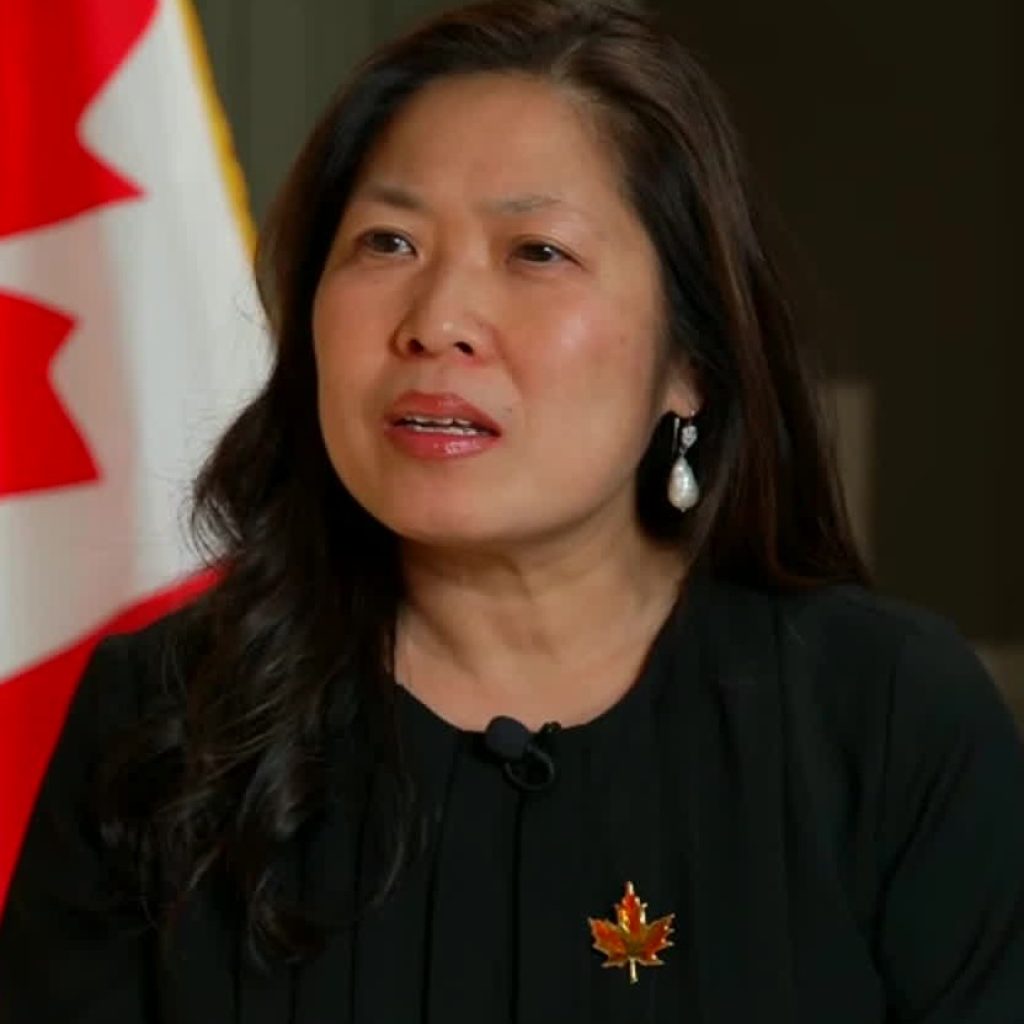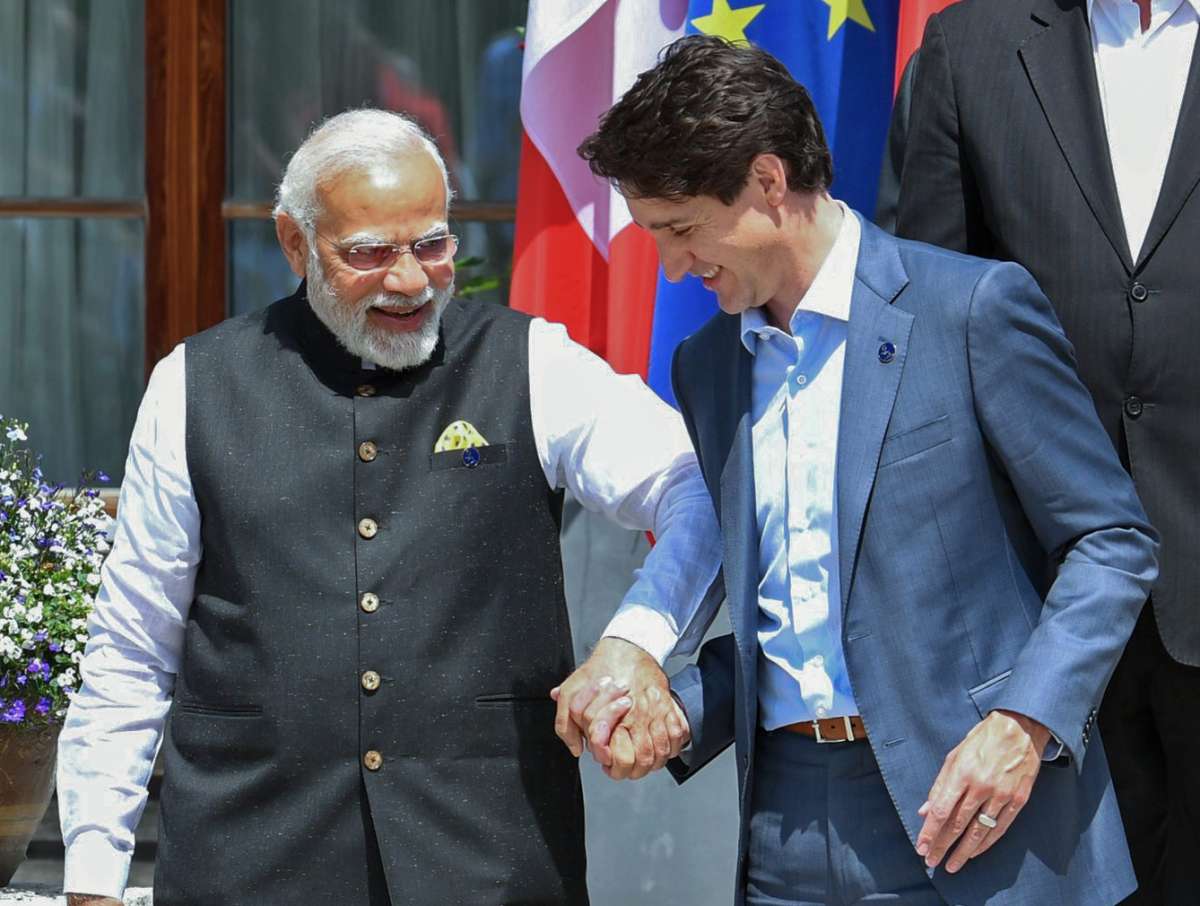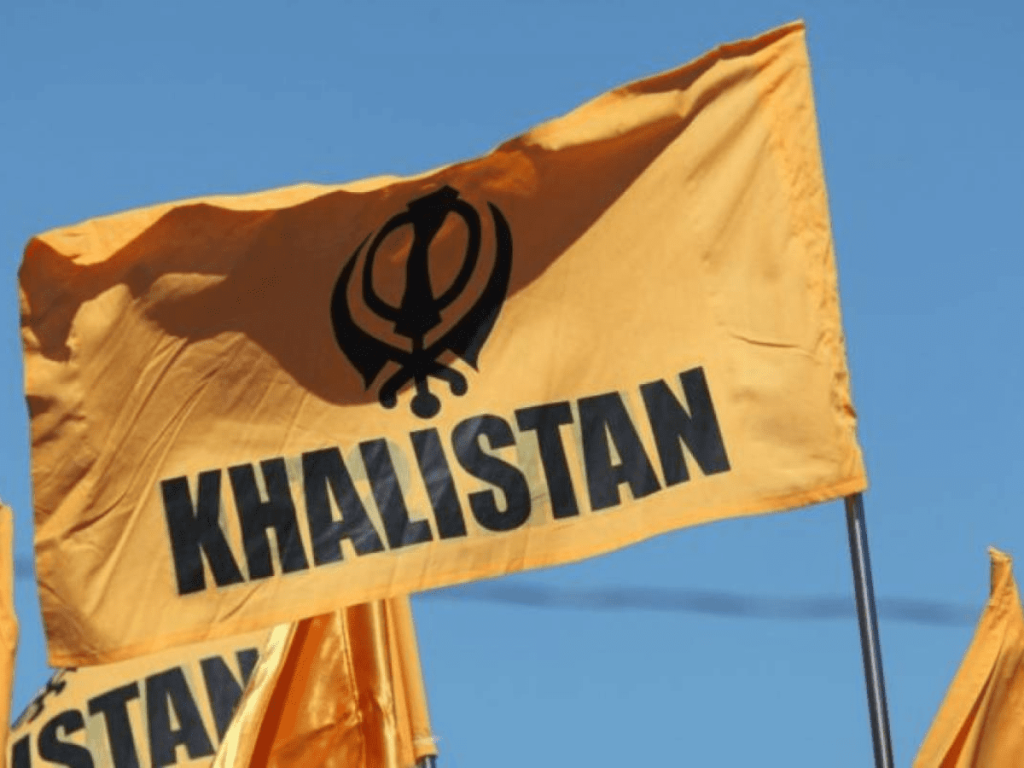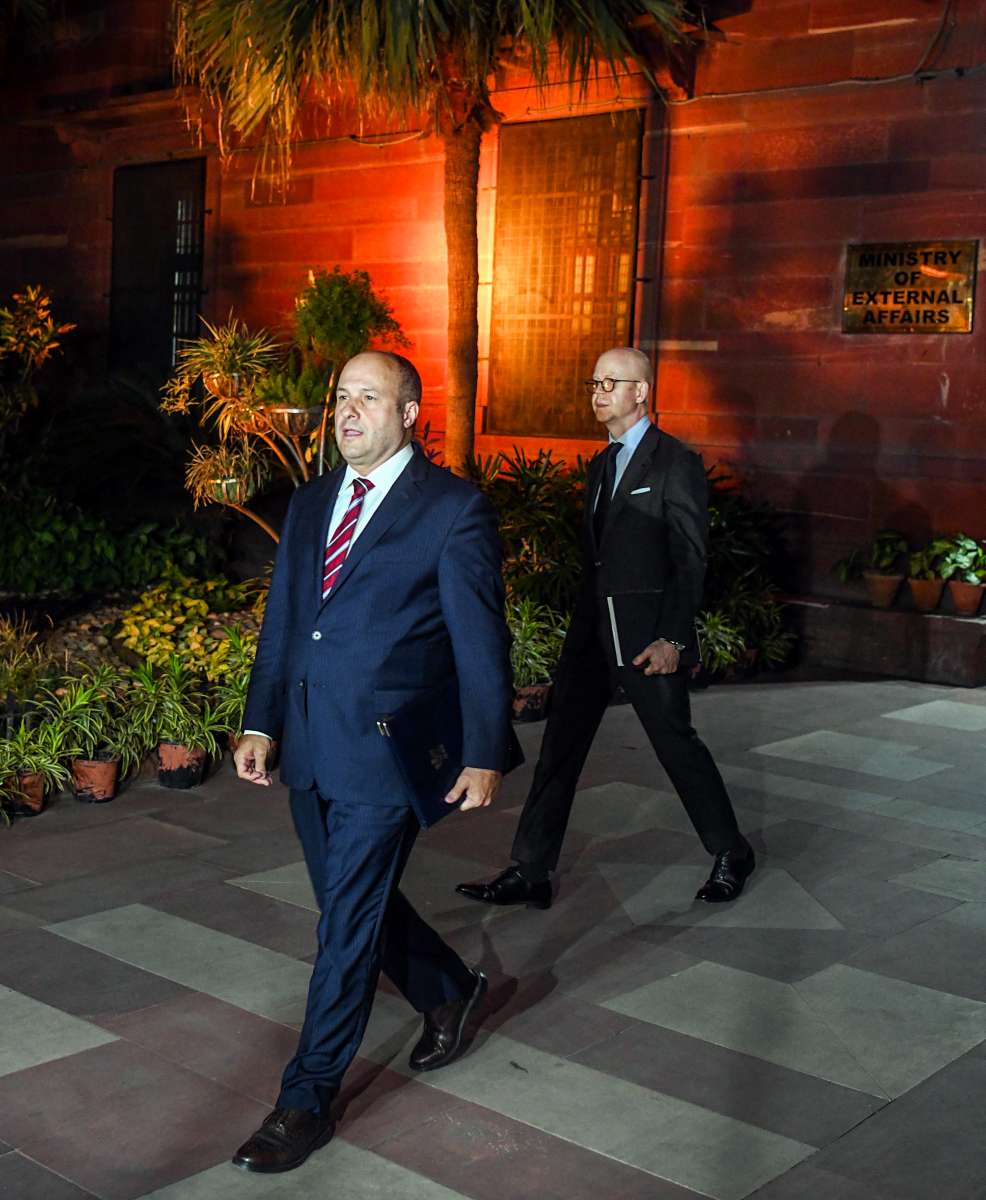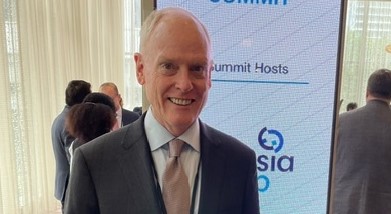India expelled six Canadian diplomats and withdrew its envoy after Canada named them in a Nijjar murder investigation, escalating diplomatic tensions…reports Asian Lite News
India on Monday expelled six Canadian diplomats and withdrew its envoy and five more officials from Canada after they were designated “persons of interest” in the investigation into the killing of pro-Khalistan activist Hardeep Singh Nijjar, a move described by New Delhi as “preposterous” and part of the Trudeau government’s vote-bank politics.
The downgrading of diplomatic ties took the India-Canada relationship to a fresh low, a year after it was roiled by Canadian Prime Minister Justin Trudeau’s allegation in September 2023 that Indian government agents were linked to the death of Nijjar, already designated a terrorist by New Delhi. At the time, India rejected the accusation as “absurd”.
On Monday morning, the external affairs ministry rejected Canada’s move to name the Indian high commissioner to Ottawa, Sanjay Verma, and other diplomats as “‘persons of interest’ in a matter related to an investigation. While the ministry didn’t give specifics about the probe, people familiar with the matter said on condition of anonymity the probe was related to Nijjar, gunned down by unidentified men outside a gurdwara in Surrey in June 2023.
By Monday evening, Canadian charge d’affaires Stewart Wheeler was summoned to the external affairs ministry and informed by secretary (East) Jaideep Mazumdar that the “baseless targeting” of the Indian envoy was “completely unacceptable”. Wheeler was also told India had decided to withdraw the high commissioner and other targeted diplomats and officials because the “Trudeau government’s actions endangered their safety” in an “atmosphere of extremism and violence”, the ministry said.
The people cited above said the Indian side decided to withdraw a total of six diplomats and officials, including Verma, from its high commission in Ottawa and consulates in Toronto and Vancouver. “We have no faith in the current Canadian Government’s commitment to ensure their security,” the ministry said about the decision.
The Indian side said it “reserves the right to take further steps in response to the Trudeau Government’s support for extremism, violence and separatism against India”, hinting at further retaliatory steps.
Soon after, the external affairs ministry announced the expulsion of Wheeler, deputy high commissioner Patrick Herbert, and four diplomats of the rank of first secretary. They were asked to leave India before midnight on October 19.
The people cited above said Verma was summoned by Global Affairs Canada, or the foreign ministry, late last week and given a note verbale, or unsigned diplomatic correspondence, which stated that Canadian law enforcement authorities wanted to interrogate Indian diplomats in connection with the killing of Nijjar.
“Person of interest” is a term used by law enforcement in the US and Canada for a person possibly linked to an investigation who has not been arrested or formally accused of any crime. It is usually used to refer to someone whom law enforcement personnel are interested in because they may have information that could assist the investigation.
While withdrawing Verma from Ottawa, India is expected to deny accreditation to Christopher Cooter as the next Canadian high commissioner to India, the people said. The post has been vacant since Cameron Mackay left New Delhi in June.
Meanwhile, Reuters cited a Canadian government source to report that the Indian officials in Ottawa were “expelled” after police collected evidence they were part of an Indian government “campaign of violence”. The Washington Post also reported the diplomats were expelled.
Amid these developments, the Royal Canadian Mounted Police (RCMP) said in a briefing in Ottawa that its investigation had unearthed a “significant amount of information on the breadth and depth of criminal activity orchestrated by agents of the government of India, in consequential threats to the safety and security of Canadians and individuals living in Canada”.
RCMP officials said organised crime elements were used for this purpose, and named the Lawrence Bishnoi gang, adding it was believed to be “connected to agents of India”. RCMP commissioner Mike Duheme said there were links between Indian agents and “violent crime”, including homicides and extortion. However, Duheme didn’t directly comment on the investigation into Nijjar’s killing or offer any direct evidence.
Duheme said RCMP deputy commissioner Mark Flynn accompanied Canada’s National Security Adviser Nathalie Drouin and deputy minister of foreign affairs David Morrison to Singapore, where they met India’s NSA Ajit Doval and other officials over the weekend and apprised them of these concerns and sought cooperation.
“This evidence was presented directly to government of India officials, urging their cooperation in stemming the violence and requesting our law enforcement agencies work together to address these issues,” Duheme said.
The Washington Post reported that the meeting in Singapore was held on Saturday and lasted five hours. The Canadian side sought the meeting to warn the Indian government “that details exposing Indian involvement in attacks were likely to become public as prosecutors move forward next month with a planned trial of four suspects in Nijjar’s killing”, the report said.
Earlier on Monday, the external affairs ministry said it had received a diplomatic communication from Canada on Sunday regarding the Indian envoy and other diplomats being “persons of interest” in an investigation.
“The Government of India strongly rejects these preposterous imputations and ascribes them to the political agenda of the Trudeau Government that is centered around vote-bank politics,” the ministry said.
The ministry said that since Trudeau made the allegations last September, the Canadian government “has not shared a shred of evidence with the Government of India, despite many requests from our side”.
It added: “This latest step follows interactions that have again witnessed assertions without any facts. This leaves little doubt that on the pretext of an investigation, there is a deliberate strategy of smearing India for political gains.”
Following a brief encounter between Trudeau and Prime Minister Narendra Modi on the margins of the recent Asean Summit in Laos, the Indian side told top Canadian officials that Ottawa cannot make unsubstantiated charges against the Indian government regarding Nijjar’s murder without producing evidence, according to the people cited above.
The external affairs ministry’s statement on Monday morning, which was worded in an unusually strong manner, said Trudeau’s “hostility to India has long been in evidence”.
ALSO READ: Labour MPs urge Reeves to spend more on ailing public services
